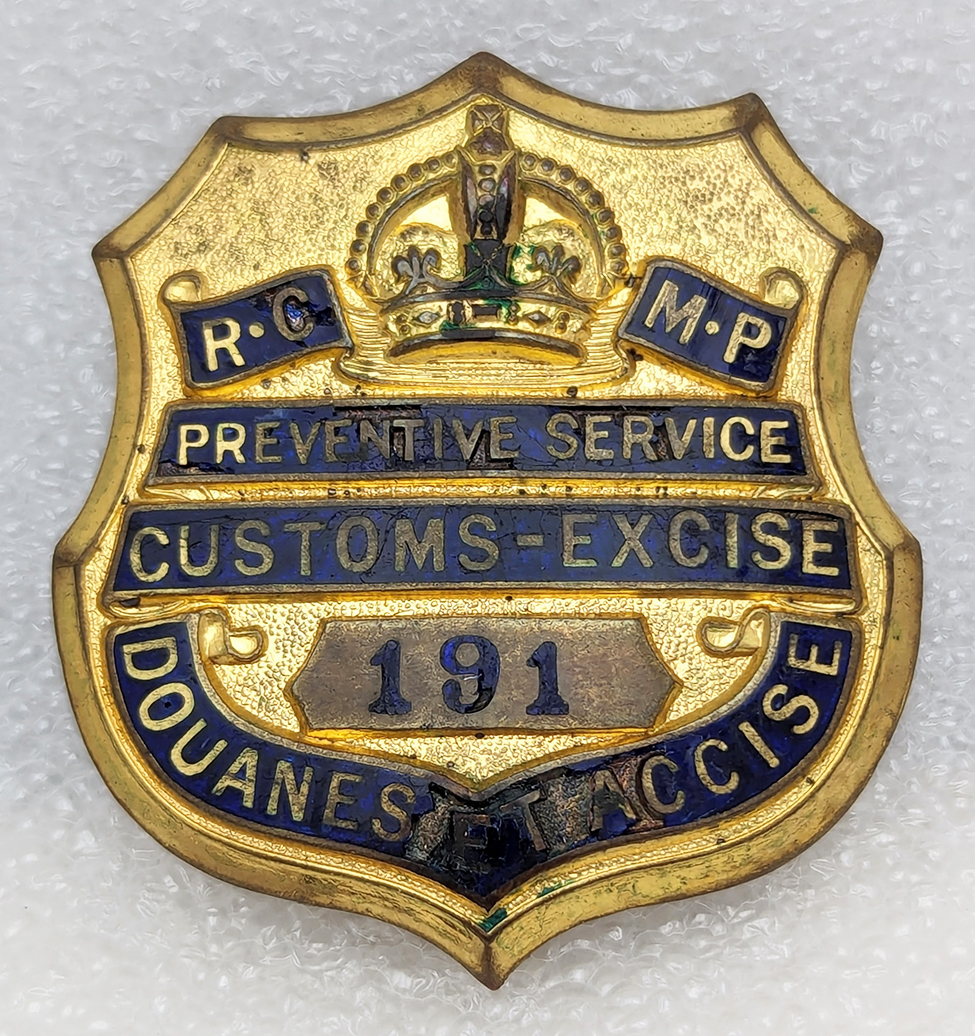
Introduction
The Royal Canadian Mounted Police (RCMP) is an iconic symbol of Canada, embodying the country’s law enforcement and peacekeeping ethos. As the national police force, the RCMP plays a crucial role in upholding the law, ensuring public safety, and representing Canadian values. In recent months, the RCMP has faced a variety of challenges and scrutiny, making a deeper understanding of its functions and implications more relevant than ever.
Recent Developments
In the wake of ongoing discussions about police reform and accountability, the RCMP has been at the center of various inquiries and reviews. A significant focus has been placed on the RCMP’s handling of social justice issues, including the Black Lives Matter movement and Indigenous relations. A report published earlier this year demanded a reevaluation of practices, highlighting a need for change in the treatment of marginalized communities.
Moreover, amidst the global pandemic, the RCMP has adapted its strategies to address new public safety concerns, including compliance with health regulations and managing potential public unrest. The use of new technology and advanced training has also been emphasized to improve effectiveness and community relations.
Challenges and Innovations
Remaining relevant in today’s rapidly changing society, the RCMP is not without its challenges. Reports of systemic racism, officers’ misconduct, and responses to various emergencies have sparked conversations about reform within the force. As the agency works to modernize and strengthen its community ties, it is also implementing new training methods focused on de-escalation and cultural sensitivity.
Innovations in policing, including increased mental health resources and partnerships with local organizations, are being piloted in various provinces. These measures aim to better address the root causes of crime and improve community relations.
Conclusion
The RCMP’s role in Canadian society is multifaceted and crucial for maintaining public safety. Moving forward, it is imperative that the RCMP continues to engage with communities to build trust and transparency. With increasing calls for police reform, the agency faces an opportunity to reshape its legacy through proactive and inclusive practices. As Canada stands at the crossroads of justice and community safety, the effectiveness and approach of the RCMP may serve as a defining factor in the nation’s socio-political landscape.



